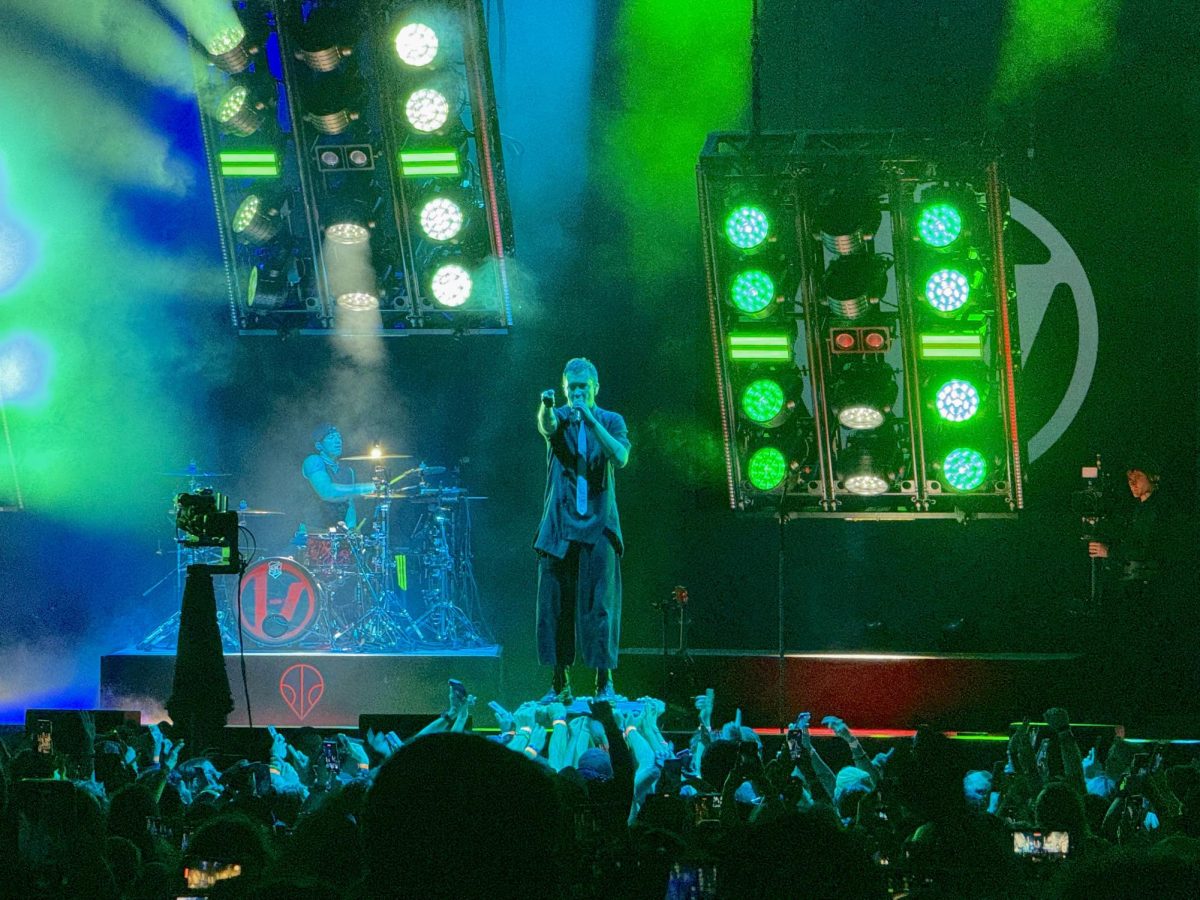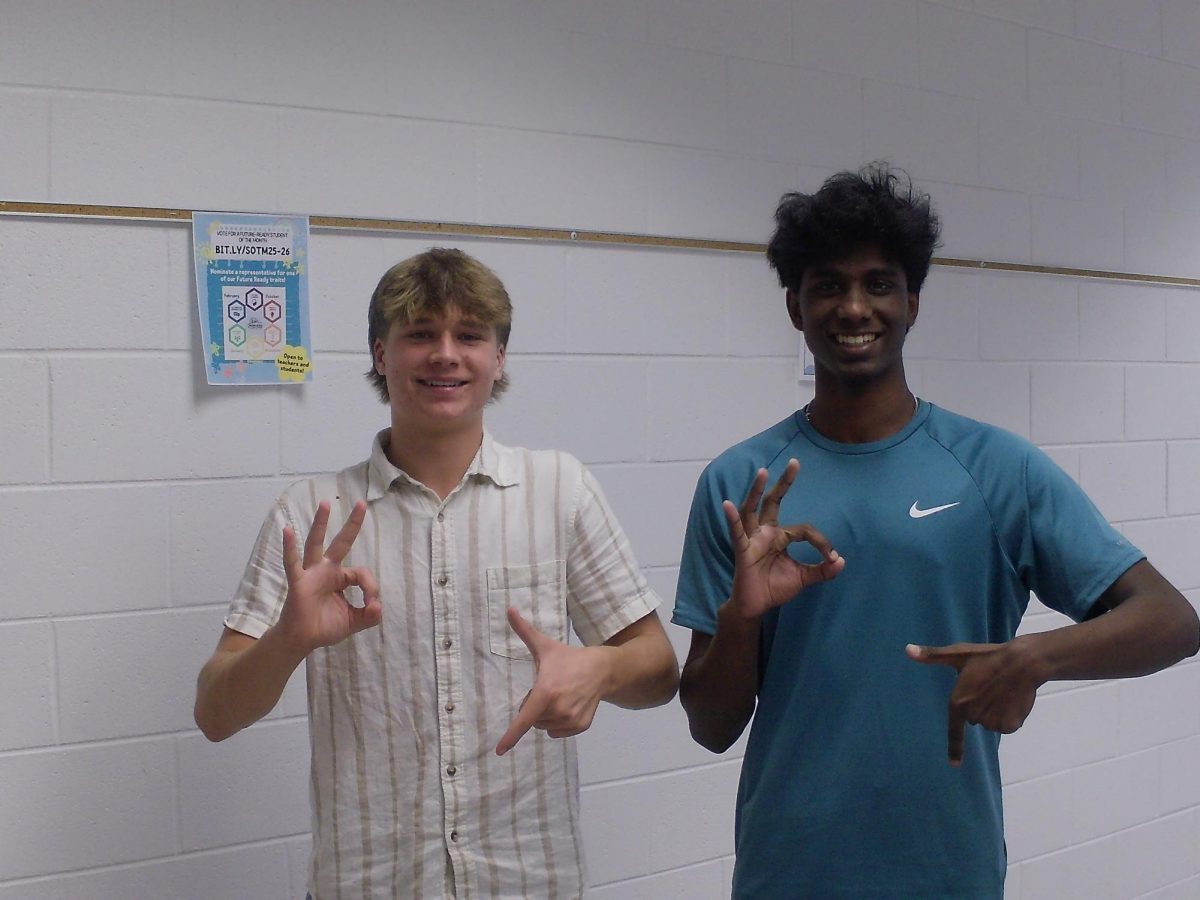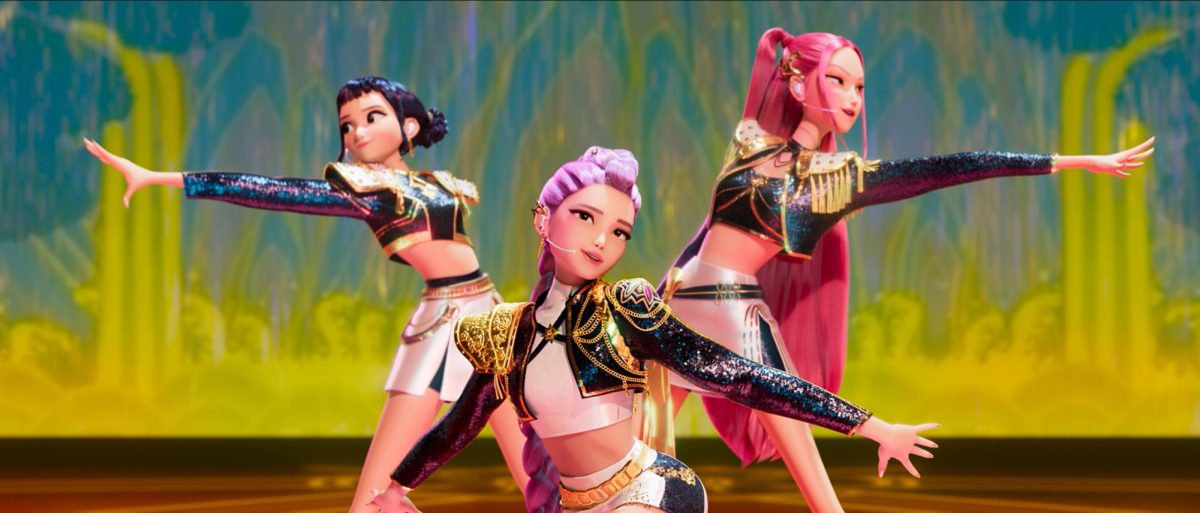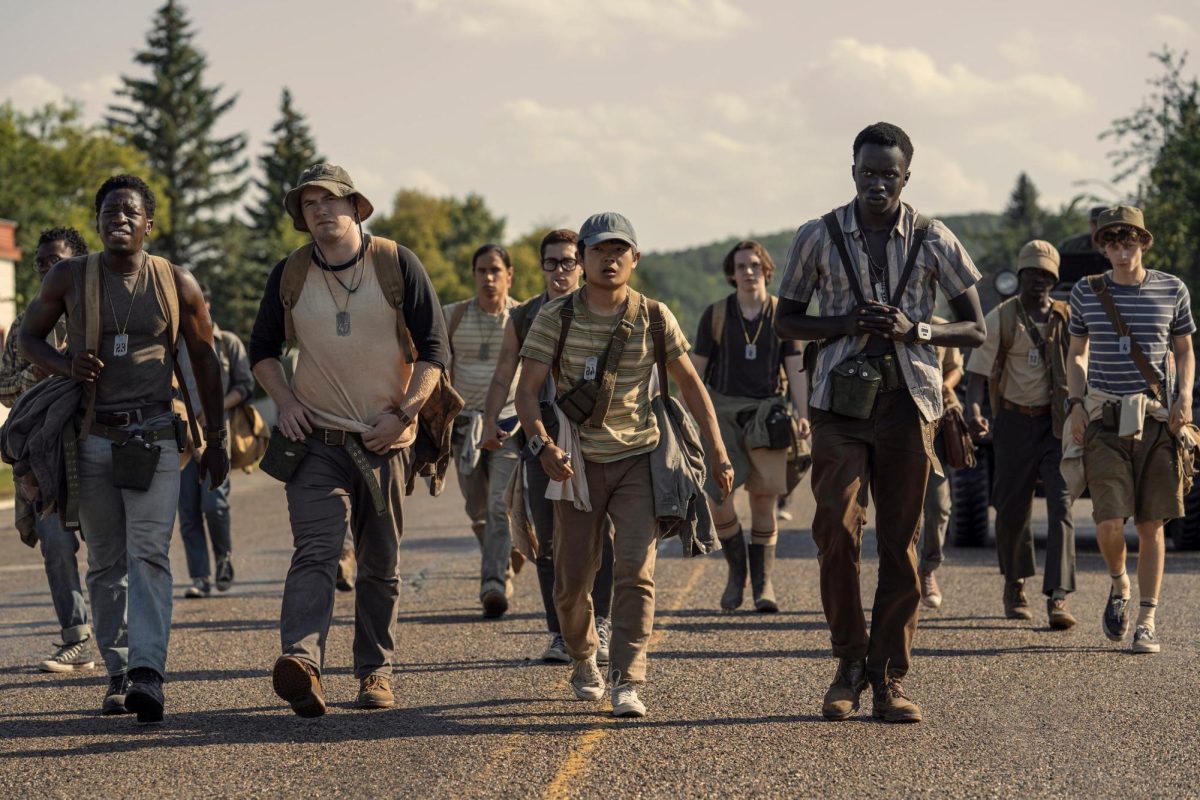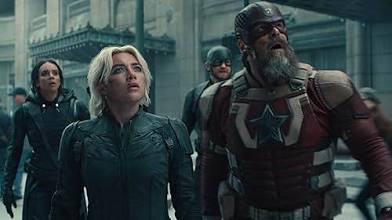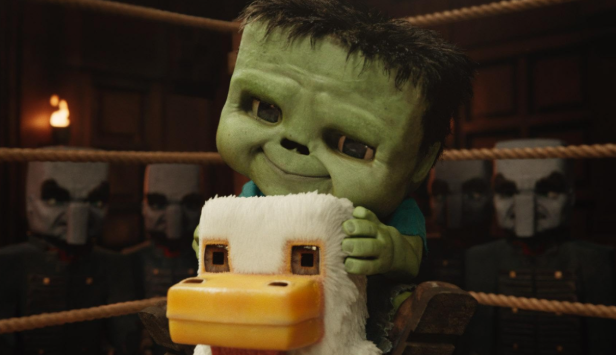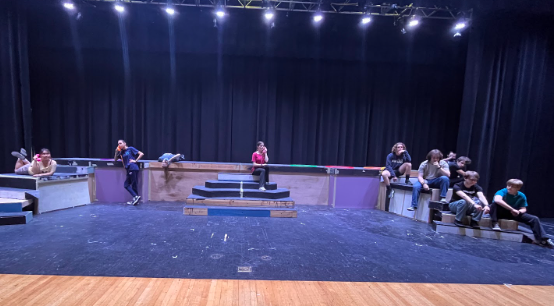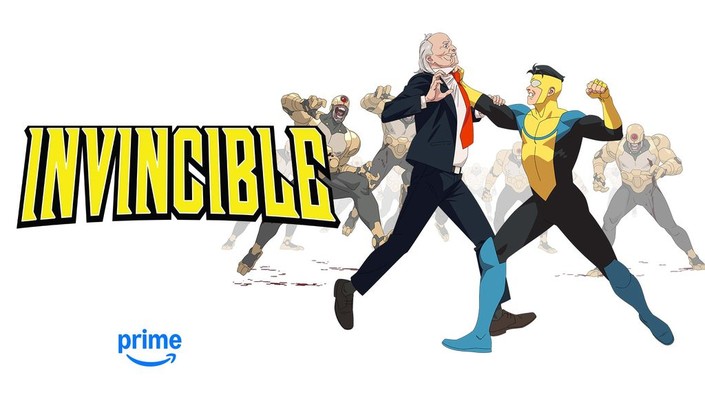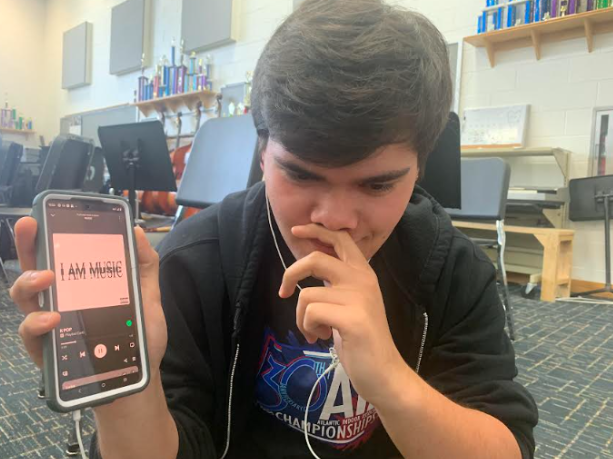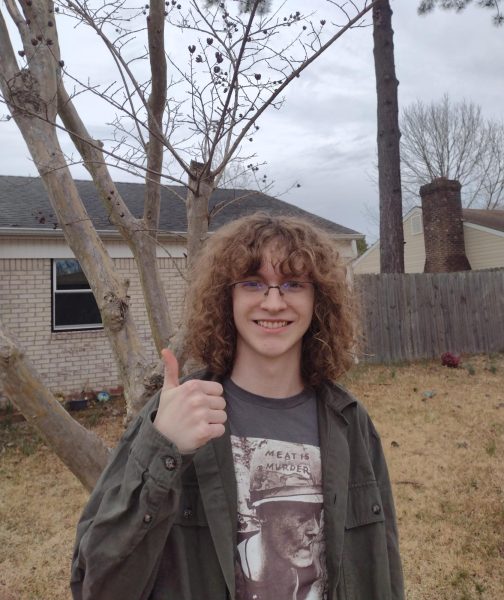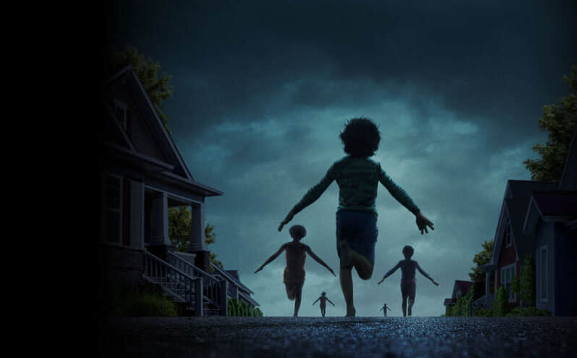
“Weapons,” directed by Zach Cregger, starts with a simple premise: seventeen children from the same class inexplicably run from home in the middle of the night, except for one, Alex.
What follows is an overlapping story gradually told from the perspectives of multiple characters. We start with Justine, the school teacher of the class that went missing, as she faces local scrutiny even without any involvement in the crime. We then go to the perspective of Archer Graff, a parent of one of the students, as he manages his grief and starts to investigate the situation by himself.
All of this makes sense so far. It isn’t exactly riveting, but it sets the stage for themes about community and trauma responses, and some of the imagery even hints at a school shooting allegory. Then a sudden shift happens, the principal of the school attacks Justine and Archer, running the same way as the children did the night they disappeared and hypnotized in the same way, showing that whatever is wrong with them is supernatural.
The movie then switches perspectives again to a strange story involving a crack addict and a police officer. It’s played for odd dark comic laughs as the bumbling addict uncovers the mystery. It feels like a whole different movie, with none of the themes of the first two parts emphasized. I won’t spoil the end of the film, but the third act has this similar problem of a radical shift in theme and dark comic twist.
It feels like a failure. The first act has such suggestive imagery, a gun floats above a house in one of Archer’s dreams, alcohol abuse is depicted multiple times, but completely abandons it in the latter acts. It becomes generally themeless by the end, maybe some vague fear of outsiders theme is kept, but literally every horror film uses that so who cares?
Instead of committing to its scares, the film is embarrassed to show them authentically. Gore is turned to comedy, ironically portrayed so as to flatter the audience’s intelligence and recognition of horror cliches. It’s a lot like last year’s “Longlegs,” when the story resolves it turns to scoff at horrors inherent silliness, overdoing the camp until it’s no longer scary but just camp. It wants to be above horror, but just ends up spitting in the audiences faces for taking any of it seriously.

